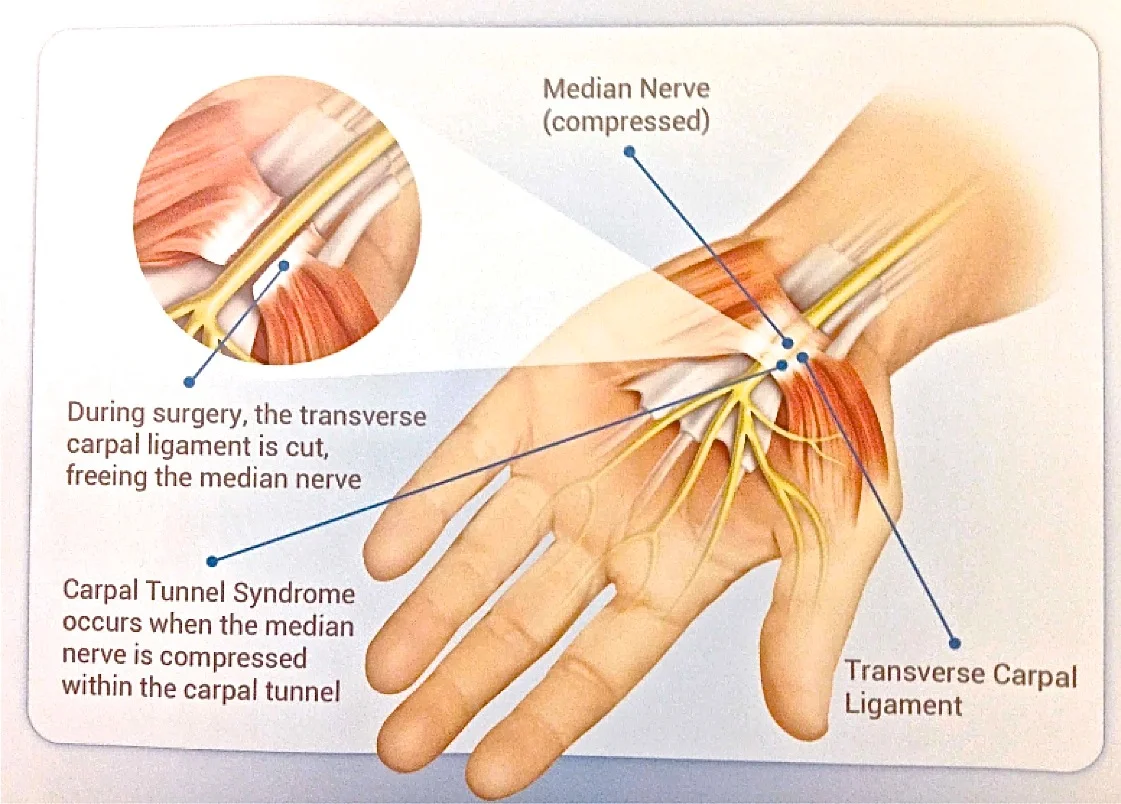Whiplash & Physical Therapy
/Whiplash pain can be helped with several modalities of physical therapy
Whiplash disorder is relatively common and can affect people from all ages and backgrounds. While it's difficult to determine exactly how many people sustain whiplash every year, our physical therapy team works with many patients who are struggling with this painful and often debilitating condition.
I've heard of whiplash before. What is it exactly?
The term "whiplash" describes a syndrome that develops after a person's head and neck is forced to move rapidly back and forth. It's sometimes called an "acceleration-deceleration" injury. In other words, a person's body in motion can be exposed to high levels of energy when something causes it to suddenly stop or slow down. This high energy transfer of force can lead to can damage structures within the neck and upper back, including ligaments, muscles, joints, and spinal nerves.
The most common cause of whiplash is a rear-end or side-impact car accident. Research actually suggests that about 45% of all people with chronic neck pain attribute their symptoms to a motor vehicle accident from some point in their past. Other mechanisms of injury may include collisions during contact sports and work-related mishaps including slips, trips, and falls.
What are the symptoms of whiplash?
When most people hear about whiplash, they often imagine symptoms of neck stiffness and neck pain. While this is true, whiplash can also cause a variety of other signs and symptoms that can range in type, duration, and severity. These symptoms may include:
- Shoulder pain
- Upper back or lower back pain
- Dizziness
- Ringing in the ears
- Headaches
- Jaw pain
- Numbness and tingling in the arms or hands
- Impaired sleep
- Poor mental focus
A crucial point about whiplash is that there is often a time delay between the moment of whiplash injury and onset of symptoms. This means that a person may not notice any signs or symptoms of dysfunction until hours, days, weeks, or even months after the initial injury occurs. The potential problem with this is that people who are in car accidents--especially minor ones--often feel "fine" for a period of time and don't believe they need to be evaluated by a healthcare professional. By the time they finally see a physical therapist for help, their injury has often become worse. The takeaway here is that if you or a loved one are in a car accident or similar event, it's wise to consult with a physical therapist as soon as possible in order to make sure that no injuries have occurred or to initiate early diagnosis and treatment if it is determined that there is an injury.
Can physical therapy help with whiplash?
A physical therapist is often one of the first healthcare professionals consulted following a car accident--and for good reason. Through a careful physical examination and patient history taking, a physical therapist can identify early warning signs of whiplash and initiate treatment as soon as possible--which can significantly improve outcomes and prevent chronic problems from developing.
Physical therapy treatment of whiplash includes several non-invasive approaches that promote tissue healing, reduce inflammation, improve the strength and endurance of important postural muscles, restore normal neck and spine mobility, and prevent recurring issues. Treatment may include:
- Joint mobilizations
- Soft tissue massage
- Therapeutic exercises
- Modalities, including electrical stimulation and ultrasound
- Postural re-training
The exact range and severity of symptoms will be different for every person who experiences whiplash, so it's important that treatment approaches are individualized to best meet the person's needs.
Do you believe you're suffering from whiplash?
Experience the long-lasting difference that physical therapy can make for your pain--without the need for drugs or invasive procedures that can be costly, ineffective, or full of unwanted side effects. Call us today to schedule an appointment with one of our physical therapists and get yourself back on the road to health.









Physical Therapy can help alleviate some of the symptoms of Fibromyalgia such as tingling sensations, exhaustion, constipation, headaches, anxiety, persistent pain, and much more!